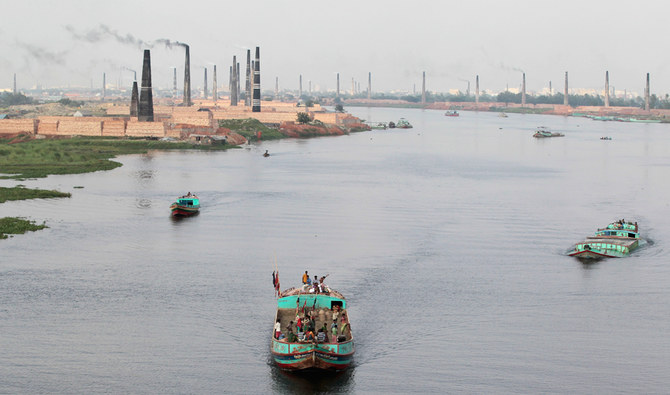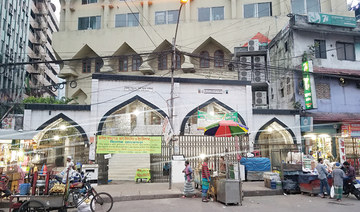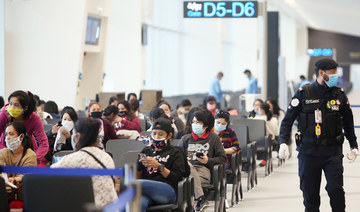DHAKA: Despite its anti-coronavirus lockdown, Bangladesh took the top spot in the list of countries with the world’s worst air quality. An official from the Department of Environment (DoE) saying on Sunday that brick kilns around the capital were the fundamental cause for pollution.
“Air quality in Dhaka was supposed to be better during this ongoing lockdown when vehicles are almost absent on the road. But the brick kilns surrounding the city have created this huge amount of pollution,” Mohammad Ziaul Haque, air quality management director at the DoE, told Arab News on Sunday.
It follows a survey released by the US-based Air Quality Index (AQI) on Saturday which reported Dhaka’s air as the worst with a score of 156, followed by Riyadh at 147 and Jakarta at 117.
According to the statement released on the AQI website, when the AQI value is between 101 to 150 “members of sensitive groups may experience health effects.”
An AQI value between 151 to 200 is considered “unhealthy” and “everyone may begin to experience health effects” causing “serious” concern for sensitive groups.
To tackle the increasing levels of pollutants in the air, Haque said, the DoE began conducting a drive against all illegal brick kilns around Dhaka, but had to stop the initiative after the lockdown was imposed on March 26.
“Brick kilns around the capital alone are 40 percent responsible for Dhaka’s air pollution while carbon emissions from unfit vehicles contribute to 25 per cent of poor air quality. We will crack down on unfit vehicles once the lockdown is over,” Haque said.
However, some environmental experts said several medium and large-scale industries around Dhaka are equally responsible.
“Our municipalities are burning garbage in two dumping sites at the outskirts of Dhaka. Besides, many long-distance passenger and goods vehicles run within Dhaka during night hours, which is also causing severe air pollution,” Prof. Dr Ahmed Kamruzzaman Mazumder, of the Bangladesh Environment Movement (BAPA), said.
The city has the worst air quality during the winter from November to February.
“We need to form a winter period pollution control policy to maintain the sustainable healthy air quality in the capital,” said Dr Mazumder, who is also the director of Center for Atmospheric Pollution Studies (CAPS), a Dhaka-based environmental policy research organization.













